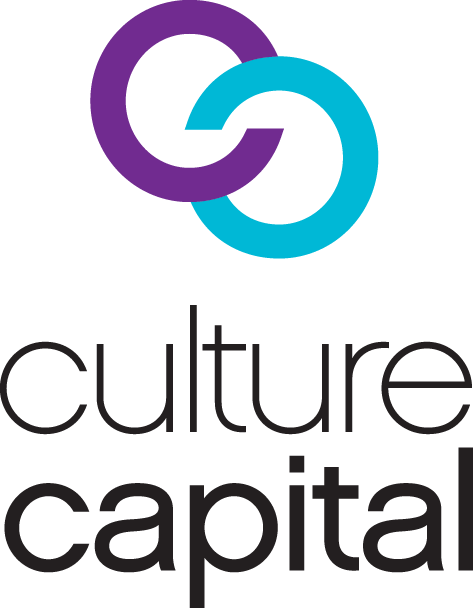Making Culture Profitable
Culture Capital works with the cultural, private and public sectors to make the culture eco system profitable. We provide services in cultural planning and policy, cultural mapping, strategic planning, place making and cultural hub development, governance and stakeholder relations.
Highlights
Cultural Equity
I had the great good fortune to have been part of a remarkable civic experiment in Toronto in the early nineties when I was the Executive Director of the Toronto Arts Council.
For years, Toronto artists from specific cultural and ethnic communities felt excluded from our programs and funding opportunities, from participating fully in the mainstream of arts and culture organizations, in feeling a part of our civic society.
In response, I embarked on a journey of discovery, sitting down with artists from these communities to find out from them what were the barriers to inclusion.
The 1992 report that came from this outreach, Cultural Equity, transformed how we did business at the Toronto Arts Council. It also helped to transform our city by harnessing the extraordinary talent of many artists who had previously been unable to get funding or a showcase for their work.
What we discovered back then was that if we are going to engage all our citizens in feeling that they, their ancestors and their children are legitimate and honoured characters in the complex, evolving story we call our culture then we have to ensure that they have the tools to vigorously and loudly tell their own stories.
In Canada, our story is about migration, starting with Indigenous peoples, the colonial settlers, the waves of immigrants and refugees – my own family among them – from every corner of the world.
In Toronto, a city of over 150 different ethnicities, our civic story is the story of diversity.
The creation of a civic society seems deceptively simple.
It is a society where everyone is a citizen. Where everyone takes ownership of the freedoms and the responsibilities. That is what being granted ‘the freedom of the city’ means, at its core.
Cultural equity is about creating access to power within cultural institutions, creating communities where everyone feels like an honoured participant with the opportunity to tell their own story in their own voice.
Today in Canada it is a given that principles of equity and inclusion should guide all decision-making for cultural funders.
That was not always the case.
Twenty-five years ago, the Toronto Arts Council stood on the cutting edge of an experiment to understand the potential of cultural equity.
Today we see how inclusion has turned cultural potential into success by helping Toronto transform into one of the most interesting cities in the world. Our cultural diversity is a top selling point in our competition in the global economic and tourist marketplace.
And, we’re beaming out our experiment out to a world hungry for models of civil society, showing how a city can really work.
The Creativity Driver
Our cultural and creative community has been blessed with that old Chinese curse – it is living through some very interesting times. And when I say we are blessed, I’m serious, not ironic.
Media
The Star | December 19, 2012
Rita Davies: Toronto’s former culture chief plans her next act
Rita Davies joins board of Art of Time Ensemble and aims to create a Toronto international book fair.

